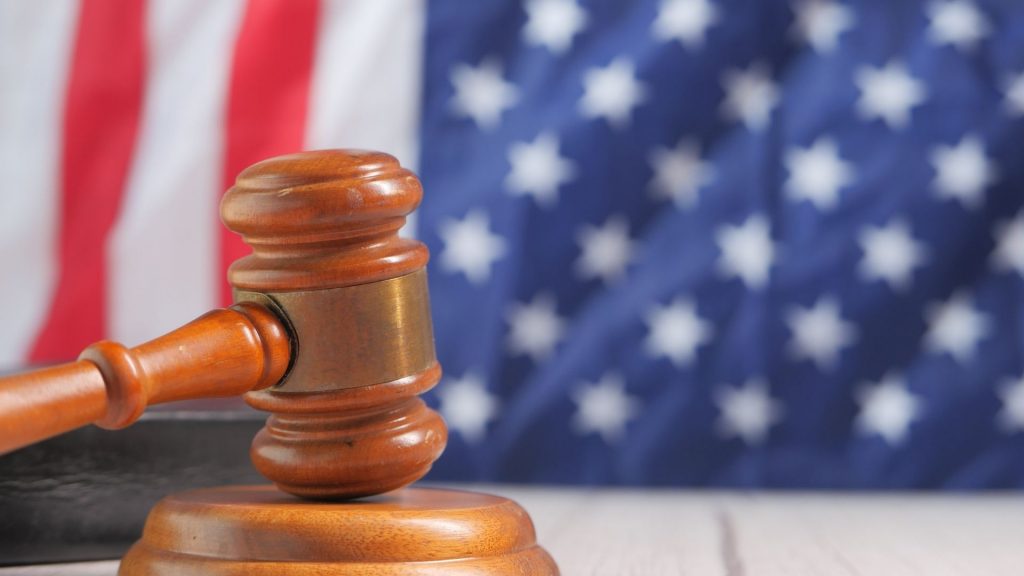Historic Supreme Court Case Just Approved Use of Public Funds For Religious Education
The Supreme Court just ruled that state appointed school vouchers can not exclude religious schools in a historic ruling.

The Supreme Court has been hard at work this year, especially in hearing cases revolving around education, but some of the biggest, monumental ones are just beginning to make their way to the highest court. One, dealing with religious education and the separation of church and state was heard earlier this morning. With judge dissent, the federal court ruled in favor of religious freedom, setting the stage possibly for a major shift in public education.
Before lunch hour today, June 21st, the Federal Supreme Court officially ruled that state programs that allow public pupil funding to go with the child for school choice can not prohibit this funding to institutes of religious instruction. The decision came in a split 6 to 3 vote, with Justices Stephen Breyer, Elena Kagan, and Sonia Sotomayor voting against the ruling. This historic decision now backsteps from a longstanding notion that taxpayer dollars should not pay for religious education, stemming from a Maine state education case, in which the department of education was attempting to bar families from using tuition funds for use at private religious schools.
The program in The Pine Tree State gave families living in rural areas with no public high schools access to a school choice voucher program. This allowed students to take the state’s allotted tuition spending per student to use at their choice of school. However, the program’s rulings said that families were not allowed to access these funds to pay for sectarian schools, defined as those that base their education on a certain faith. The Supreme Court heard the case after a set of two parents sued the state, alleging it violated their religious freedom rights.
Of the families sending the case to the Supreme Court, one sent their daughter to Bangor Christian School, finding out that they were not allowed to access the state tuition money because it was a religious institute. Upset because the parents felt it was the best match that aligned with their at-home values, they felt they were being ostracized. The other parents never went through with sending their children to the religious school they wished to. However, they made note in the case that they would have sent their children to Temple Academy if state law had allowed them to.
In overturning the law, Supreme Court Chief Justice John Roberts said the decision came from the notion that Maine’s program brought about a “stricter” separation of church and state than what is required in the federal constitution. Because of this, those in favor said the tuition program was biased, and not neutral in its stance, calling it discriminatory. Furthermore, Roberts pointed out that the money wasn’t being funneled through the school system, but instead through “private benefit recipients.”
Not everyone was on board with the Supreme Court ruling, and dissenting Justice Sonia Sotomayer spoke of her disapproval during this morning’s hearing. She fears that this decision will have detrimental effects on the constitutional standing separating church and state. Justice Stephen Breyer wrote that the decision was a “social conflict” in which the government is now seen promoting religion in public education.

For many school choice proponents, the Supreme Court’s decision is a major victory. In a growing trend, parents wish for the state to allow public funds to be funneled directly to the student, so families can choose the best option for school as they see fit. But to many opposers, this ruling could be the start of a slippery slope in which taxpayer dollars are being used to promote religion. Either way, families in Maine can now access the tuition program for any school of their choice, regardless of their religious affiliation.



